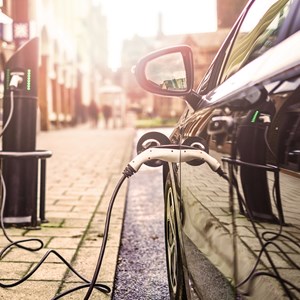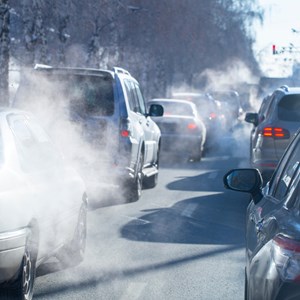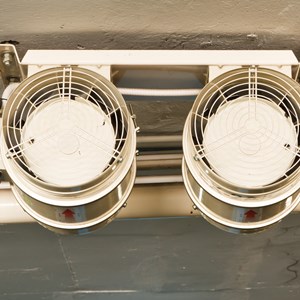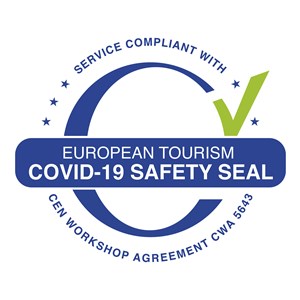NEWS

To accelerate the development of alternative fuels, multifuel stations integration is fundamental. CEN and CENELEC developed the new Guide 38 to facilitate the integration of alternative fuels at existing fuelling stations and to give guidance to design, authorise and operate new multifuel stations in support of the Directive 2014/94/EU on the deployment of alternative fuels infrastructure and of the future Regulation replacing the directive. This CEN and CENELEC Guide also considers other legislations impacting multifuel stations (ATEX, PED, MID).

CEN is happy to announce the recent publication of a new technical report, CEN/TR 17698 ‘Ergonomics - Demands and Availability of anthropometric and strength data of children in Europe’. This TR is based on the results of a project on anthropometric and strength data of children in Europe (funded by the European Commission). Its objective is to help relevant stakeholders to identify and possibly acquire the anthropometric and strength data they need to make their products or services.

Improving the way to measure particulate emissions of road vehicles, and thus contributing to reducing transport pollution? This is now possible, thanks to recently published standard EN 17507 ‘Road vehicles - Portable Emission Measuring Systems (PEMS) - Performance assessment’.

From counting calories to tracing COVID-19, there are hundreds of thousands of health and wellness apps on the market, and appetite for them is only growing. However, many have access to highly sensitive personal information, whilst others may offer advice that is not always supported by scientific evidence. In order to effectively evaluate the quality and reliability of such apps, a new technical specification has just been published.

At the core of the European Green Deal lies the ambition to make Europe the world's first climate-neutral continent by 2050. As the latest development in this sector, on 14 July the European Commission adopted a package of proposals to make the EU's policies fit for reducing net greenhouse gas emissions by at least 55% by 2030 and make Europe climate neutral by 2050. Energy efficiency is one of the pillars of the Green Deal, articulated trough the improvement of the energy performance of buildings and the increased use of renewable energies.

Cybersecurity is crucial in today’s world, as our society increasingly relies on connected infrastructure and devices. In the field of railways, connected trains and infrastructure are seen as a major source of improvement for the management of traffic and capacity, energy efficiency, and network communication. But this trend also means more potential threats of cyber-attacks. To protect the rolling stock and fixed installations, the support of adequate tools and requirements is needed.

In May 2021, CEN/TC 282 'Installation and equipment for LNG', whose Secretariat is held by AFNOR, the French National Standardization Body, published a new edition of EN 1473:2021 'Installation and equipment for liquefied natural gas - Design of onshore installations'.

Are you looking forward to serene and well-deserved summer holidays abroad, after the long months of lockdowns? Look no further: European standards can help reopen tourism safely and quickly! Today, 19 May, CEN made available the 'European Tourism COVID-19 Safety Seal'. The seal is set out by two CEN Workshop Agreements (CWAs) as part of the 5643 series, developed by the CEN Workshop EUROSAFETOUR.

Many initiatives have been launched both at national and European level to achieve the European objectives for climate and energy by 2030 and for the Paris Agreement. One of these is now a reference about environmental policies and governmental actions: CEN Workshop Agreement (CWA) 17675 ‘Mapping of the mandatory and voluntary Carbon Management framework in the EU’.

Climate change impacts are already affecting ecological and socio-economic systems, and it is anticipated that these impacts will continue well into the future. Organisations of all types and sizes have increasing needs to understand, mitigate and manage climate change risks. A recently published standard, EN ISO 14091:2021 ‘Adaptation to climate change - Guidelines on vulnerability, impacts and risk assessment’ offers organisations a consistent, structured and pragmatic approach to understanding their vulnerabilities and to preventing or mitigating negative consequences caused by climate change, while taking advantage of opportunities.